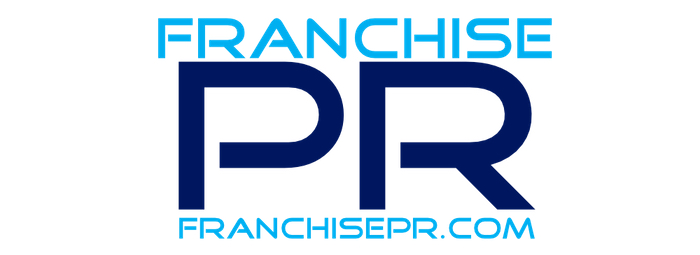
Association of Franchisees and Dealers (AAFD)
Association of Franchisees and Dealers (AAFD)
The AAFD Story
The American Association of Franchisees and Dealers (AAFD) came into existence to provide a counter balance in the franchising industry. The AAFD acts to educate the public regarding fair franchise practices, quality franchise opportunities, and to expose the unethical practices that have too long existed in the franchising community. The AAFD believes balance can be achieved through a process of education combined with the encouragement and support for trademark specific franchisee associations seeking to achieve Total Quality Franchise Relationships.
Over the past 50 years the method of product and service distribution known as franchising has exploded to become a community of enormous power and influence promising to deliver the American Dream of business ownership to millions of Americans. The franchising community has been heralded to represent over 800 billion dollars in annual sales. This represents almost 40% of all retail sales in the United States.
The logic behind the success of franchising is flawless. Take a proven and predictable product and service and a well known and respected trademark and trade name and license the business to a local business owner who invests his own capital and sweat equity to insure success at the retail level. Clearly, the success of franchising has been repeated time and again under appropriate circumstances creating successful local businesses and multi-millionaires out of franchisors.
Unfortunately there is a dark side of franchising — a side as predictable as the axiom that breeds it, “Absolute power corrupts absolutely!” The success of the franchising format of small business ownership has led to a significant imbalance in the relative bargaining power of franchisors and franchisees. Armed with (now questionable) Department of Commerce statistics which suggest that 95% of all franchised businesses are successful, the franchising community has sold franchising as a surefire path to success in business. As an attorney for the Federal Trade Commission recently commented, “There is a buying frenzy in franchising. Virtually anything will sell.”
As the franchising community has experienced explosive growth, franchisors have learned they need promise very little in order to attract buyers. The modern day franchise agreement is a mere shell of its equivalent of 40 or 50 years ago. In the not too distant past, franchise owners were truly independent business owners who agreed to represent a franchisor’s trademark and product line for a fixed period of time. Franchisees routinely received exclusive territories, and when the franchise terminated, the franchisee was free to continue in his chosen trade or profession as an independent, or under a new name. Franchisors made substantial promises and provided valuable perks in order to attract franchisees. Franchisors promised substantial marketing support, training, and economic inducements to gain the commitment of their franchised affiliates.
Today, the modern franchise frequently provides no exclusive territory, restricts the activities of the franchisee as an independent businessman, provides that the franchisor controls the franchise location and restricts the franchisee from continuing in business upon termination of the franchise. Indeed, frequently, the modern day franchisee is merely a license to operate the business on behalf of the franchisor for the term of the franchise. Some franchises specifically state that the franchisee owns no equity in the business, and that the business really belongs to the franchisor. Moreover, most modern franchise agreements promise very few required services and little support from the franchisor.
A “seller’s market” in franchising has led to a serious decline in the quality of franchise opportunities. The franchising market place is seriously out of balance, and there has been no significant market correction over the past 50 years. Although there were efforts during the 1970’s to curb fraud in franchising practices, the enormous unbridled power of the franchising community was able to influence legislative efforts so that a franchisor could “cure” any deficiency in its franchise practices by merely disclosing the abuses.
Unfortunately, current laws which purport to regulate franchising effectively legalize rather than restrict abusive franchising practices. As long as the franchisor discloses the details of its practices, the practices are enforceable. Until recently, there have been no minimum standards of fairness to protect the legitimate interests of franchisees.
- Phone Number: (office) 619-209-3775 (toll-free) 800-733-9858
- Fax Number: 866-855-1988
- Email Address: Benefits@AAFD.org
- Website Address: http://www.aafd.org/
